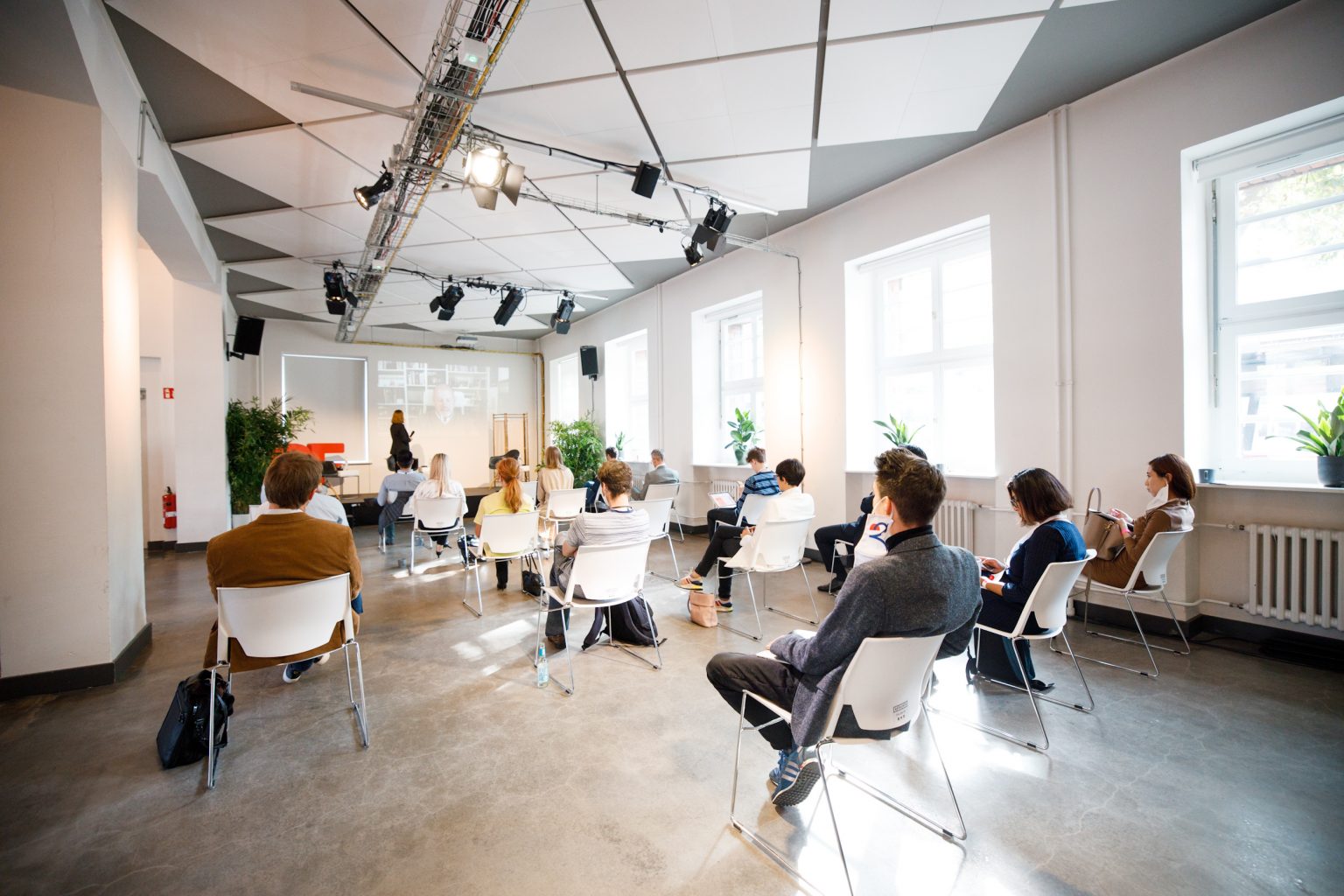This year at the AsiaBerlin Summit 2020, we proudly launched the Investors Day on the third day of the Summit (23 September). As Asian and European funds are looking to invest in Berlin startups, we invited angel investors, family offices, and venture capitalists to discuss what they look for in startups. We also discussed the important topics of our time, such as impact investing, female entrepreneurship, and the role of the Covid-19 pandemic in investing.
Our first chat was with Florian Kemmerich, Managing Partner of Bamboo Capital Partner. He talked about the massive change that is happening in emerging markets as the corona-crisis is driving digitalization —a development that goes completely unnoticed as we focus too much on the disruption happening in big corporations. “This is really an amazing opportunity to invest. It’s not just to do good, but really to scale. That’s why we say: technology is leapfrogging emerging markets and actually, leapfrogging poverty.”

Next up was Stefano Gurciullo, who gave an insight into the approaches of Redstone Digital. He also explained why Japanese venture capital is interested in the European market: “Japan is suffering from lack of deep tech innovation. It used to be extremely competitive, this is no longer the case with the rise of China and a couple of other competitors around the world. Japan has an appetite for exploring. What we do with this fund is to build a connection for European tech to Asia.”
The panelists of our discussion on gender justice all emphasized that the data speaks for itself: a greater role of female investors would benefit women in our societies and contribute to economic prosperity. A positive note came from Jugnu Pati, Senior Investment Manager at Bamboo Capital Partners. She sees a slow but steady change in Asia: “The new generation, the young generation wants change to happen and they say, we want more leadership positions or more female investors to be working in funds. We want more money to be channelized to investments which are benefitting women directly.”
In our panel on investments during the COVID 19-pandemic, Philipp Herkelmann, General Manager of Entrepreneur First, said he sees big developments: “The impact on talent is definitely different in markets. In Singapore for example, we see definitely a decline in funding applications. It seems like becoming an entrepreneur is riskier now in Singapore, than becoming an entrepreneur here in Germany. The opposite is actually true for Bangalore, where we see a surge in applications. Our team is working on thousands of applications there, something we didn’t see before.”
Closing our Investors Day was an online discussion between managers of Family Offices.
In the past 5 years, Venture Capital has been democratized exponentially. As an asset class, it experienced a strategic innovation and geographic expansion unmatched by the prior 50 years in which it evolved from nascent to the mainstream. This industry was previously dominated by large funds with AUM > $500M. Today, there are now more than 1000 micro VC Funds with AUM < $50M in the US. Emerging managers who are in Funds I and II have also been among the consistent top performers in the portfolio of the European Investment Fund.
Similarly, Family Offices have experienced exponential growth in the past 15 years. There are now over 10,000 single family offices worldwide, with at least 50% having been established just in the past decade and a half. In a 2020 study conducted by Silicon Valley Bank on 110 family offices globally, the average family office had a 10% allocation to Venture Capital. This allocation was split almost evenly between direct investing (10 investments at $6.1M each) and fund investments (8 funds at $7.9M each).
The conversations between Family offices and Funds usually happen behind closed doors. In the spirit of democratization, we invited attendees to listen to them speak to each other in a virtual face to face at AsiaBerlin Summit.

Mark Sng runs GenTree Fund, a Family Office for a family conglomerate in the Philippines. He sees the venture capital market growing in the country: “The main reason is that family businesses are getting disrupted by some of the new technologies in the market. Especially with COVID, much has been digitalized to a great extent. So at the moment it’s very much: do you get in, or do you get left behind?”
At the same time, venture capital is interested in Germany. Jonathan Eade is managing a Family Office of a UK-based family and recently came to Berlin to find opportunities in its vibrant ecosystem. “With the COVID crisis right now, we see a big throwing of cash, new ideas and everyone taking impact investing more seriously”, he tells. “Maybe now is the tipping point when you should start your own startup, go and make a difference. That is what we as a Family office are after.”
Register here for other exciting events to attend more discussions at AsiaBerlin Summit 2020. Here is the current list of speakers and here is the Summit program. Follow us on Linkedin and Twitter for live updates on AsiaBerlin Summit 2020





